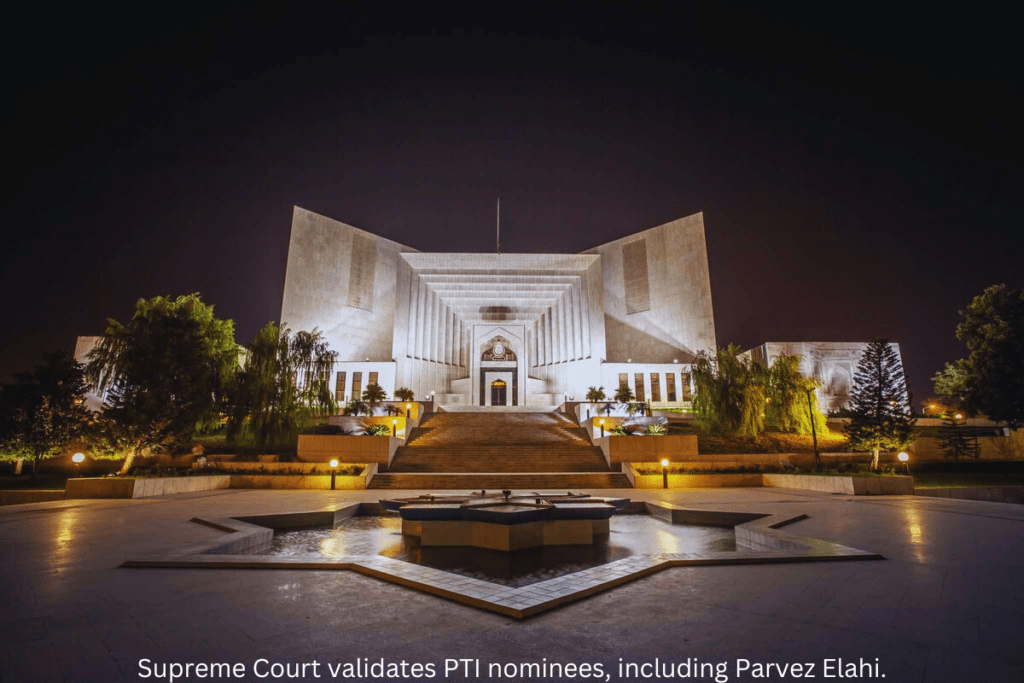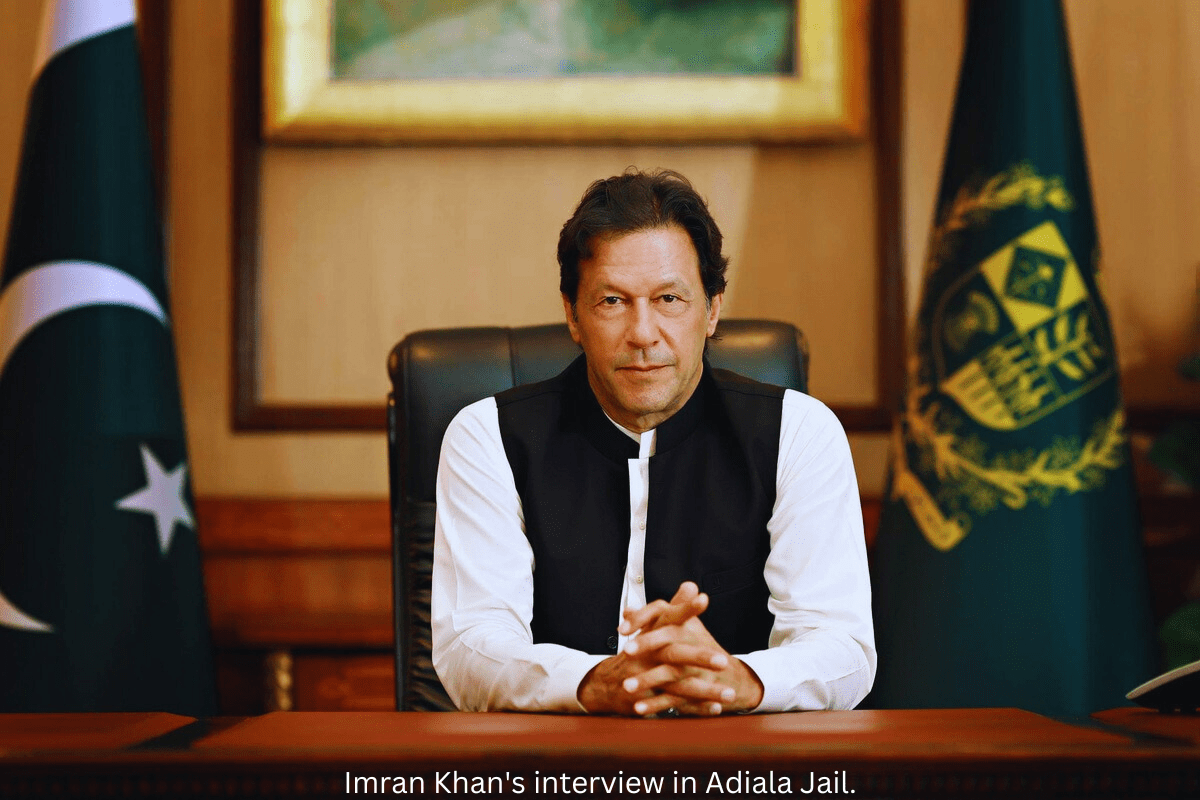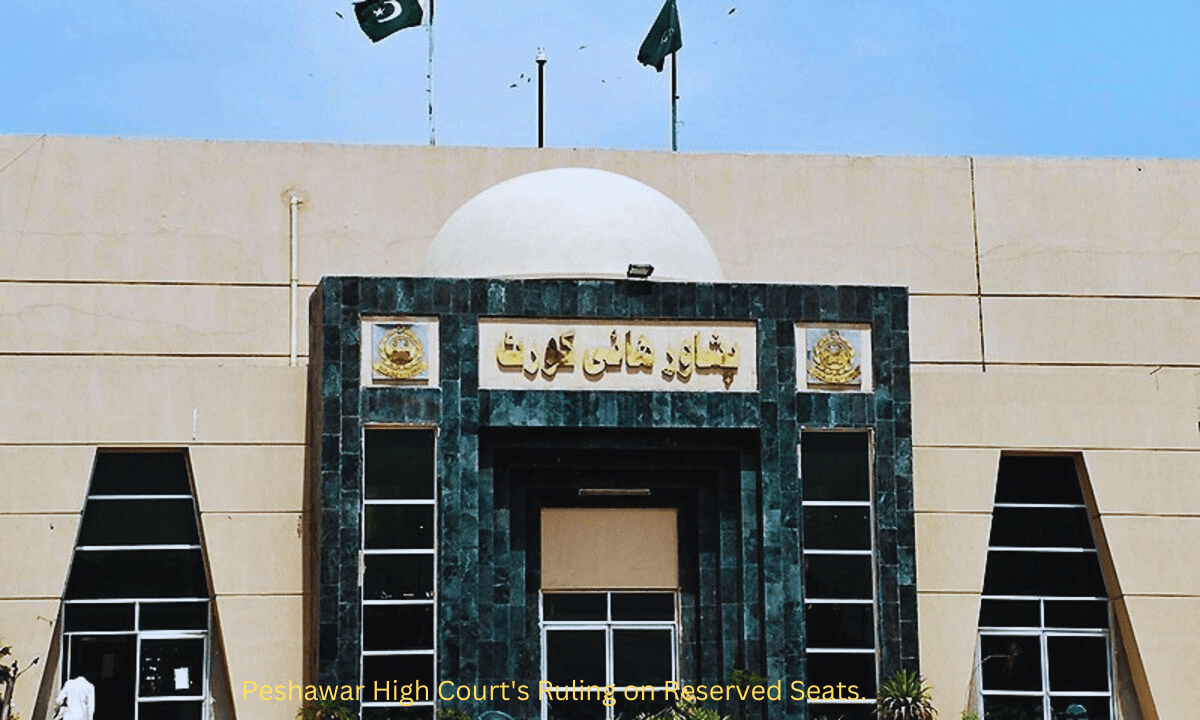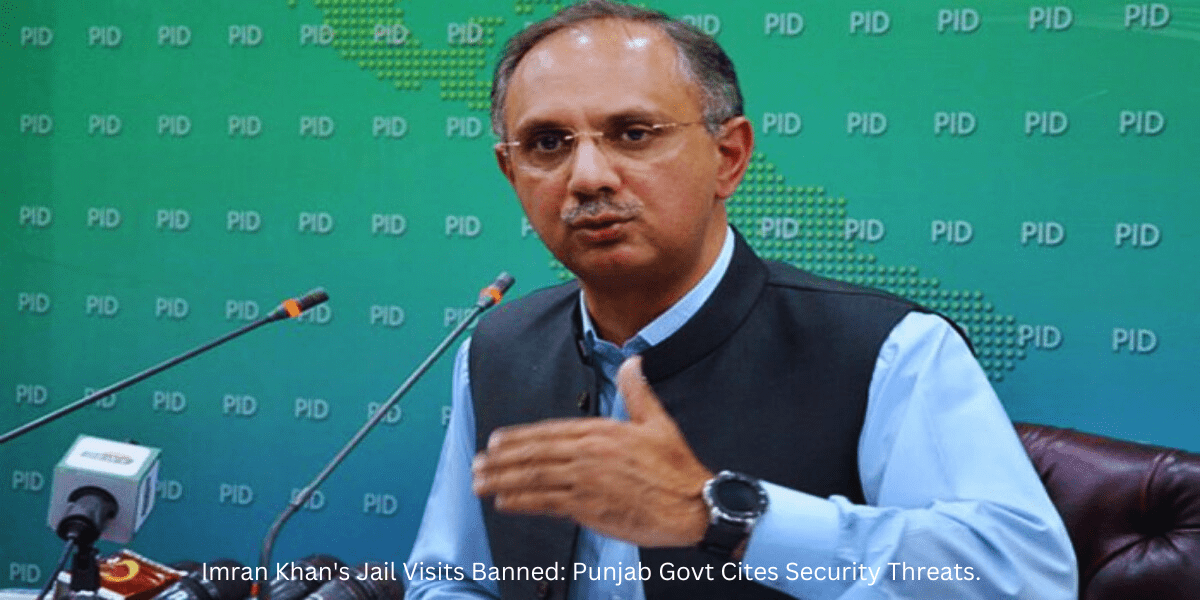
The Supreme Court’s approval of PTI candidates, including Parvez Elahi, marks a significant milestone in their journey toward the February 8 elections. The court emphasized the importance of ensuring the inclusion of candidates and voters’ rights, highlighting anomalies in the objections raised against Elahi’s nomination papers. This legal victory not only secures PTI’s participation but also sheds light on the broader principles of enfranchisement and fair election processes, reinforcing the democratic values upheld by the Constitution.
Supreme Court Approval for PTI Candidates in General Elections
In a crucial development, the Supreme Court has provided a significant reprieve to the embattled Pakistan Tehreek-e-Insaf (PTI) by approving the appeals of its candidates, including the party’s president, Parvez Elahi, to participate in the upcoming general elections scheduled for February 8.
Parvez Elahi’s Legal Battle
Parvez Elahi, currently confined in Adiala Jail, sought the Supreme Court’s intervention after the Lahore High Court (LHC) upheld the Election Tribunal’s decision to reject his nomination papers. Elahi, a former Punjab chief minister, filed a petition under Article 185(3) of the Constitution, challenging the LHC’s decision.
Anomalies Highlighted
Represented by Advocate Faisal Siddiqui, Elahi’s legal team pointed out anomalies in objections raised by rival candidates and the Election Commission of Pakistan (ECP). Siddiqui emphasized the party’s commitment to not causing delays in the election process and urged the court to grant permission for Elahi to contest from the PP-32 constituency in the Gujarat district.
Supreme Court’s Observations
During the proceedings, Justice Minallah expressed concern about voters being deprived of their right to vote. He noted that a returning officer should facilitate, not obstruct, the election process. The court found it peculiar that such challenges were disproportionately affecting only one political party, emphasizing the importance of inclusion in elections.
Upholding Constitutional Principles
Justice Shah underscored the constitutional allowance for enfranchisement and condemned any attempts at disenfranchising voters. Article 17, he noted, explicitly states that no one can be barred from contesting elections without valid reasons.
Verdict and Implications
After a thorough examination, the Supreme Court deemed the returning officer’s decision to reject Elahi’s nomination papers from PP-32 as invalid. Consequently, Parvez Elahi was granted permission to contest the polls from the Gujarat provincial assembly seat. Elahi withdrew appeals against the rejection of nomination papers from other constituencies.
Other PTI Candidates Granted Approval
In addition to Parvez Elahi, the Supreme Court allowed PTI candidates Tahir Sadiq and Omer Aslam Awan to contest elections from NA-49 (Attock) and NA-87 (Khushab) constituencies, respectively. Sanam Javaid Khan and Shukat Basra were also cleared to participate in the elections from various constituencies.
The Supreme Court’s decision not only ensures PTI’s active participation in the upcoming elections but also reaffirms the principles of democracy and enfranchisement outlined in the Constitution. The legal victory signifies a crucial step in upholding fair and inclusive electoral processes in Pakistan.
Frequently Asked Questions (FAQ’s)
Q: How did the Supreme Court justify its decision to allow PTI candidates to contest elections?
A: The Supreme Court emphasized the need to facilitate the election process, ensuring voters are not deprived of their right to vote. The court expressed concern about obstacles faced by one political party and upheld the principles of enfranchisement outlined in Article 17 of the Constitution.
Q: What objections were raised against Elahi’s nomination papers?
A: Objections included concealing assets, non-disclosure of shares, non-compliance with bank account rules, technical mistakes in documents, and submitting documents without verification from the oath commission.
Q: Why was Parvez Elahi initially arrested?
A: Parvez Elahi was arrested on June 1 last year in connection with a Rs70 million graft case related to the embezzlement of development funds allocated for the Gujrat district.




Leave a Reply